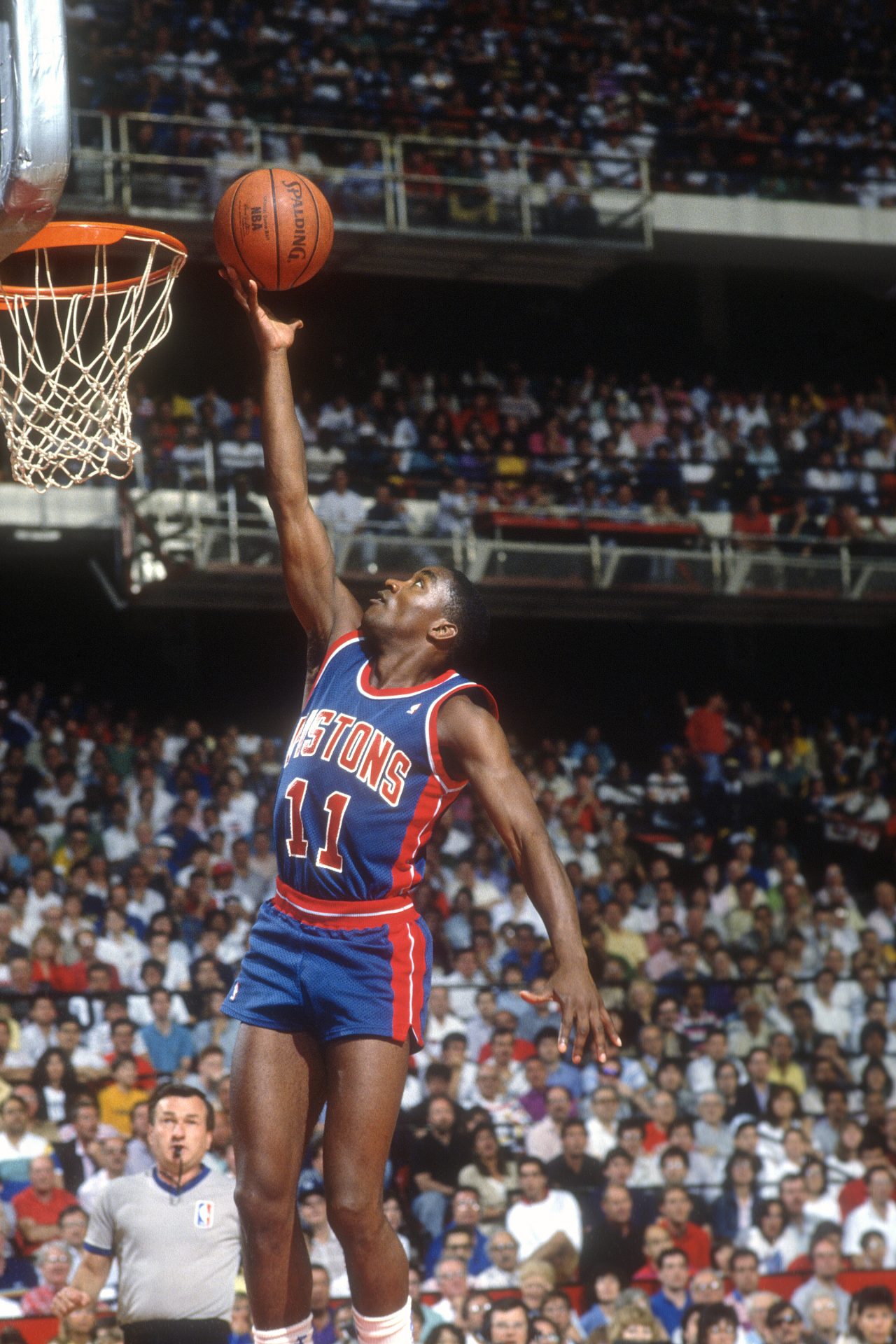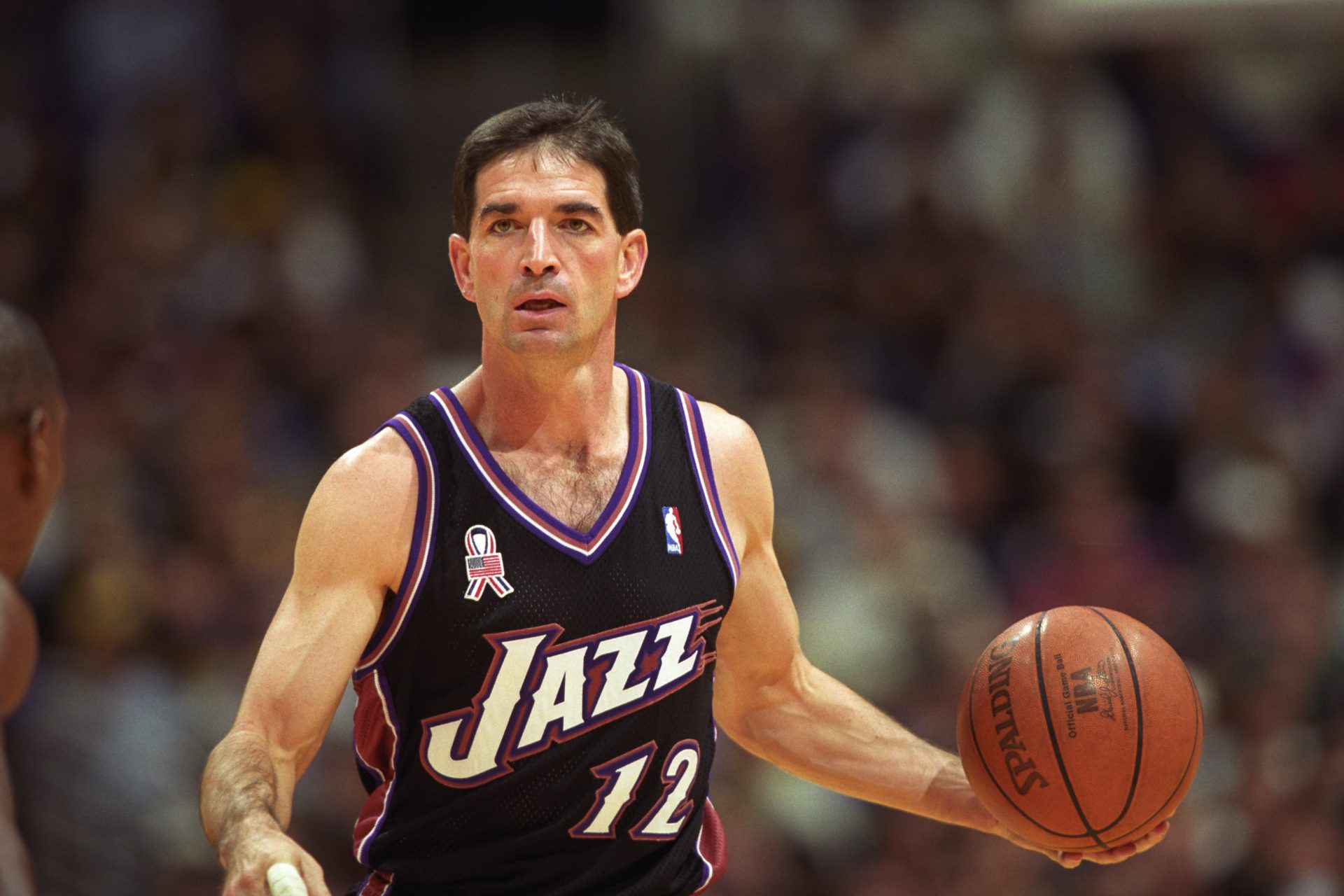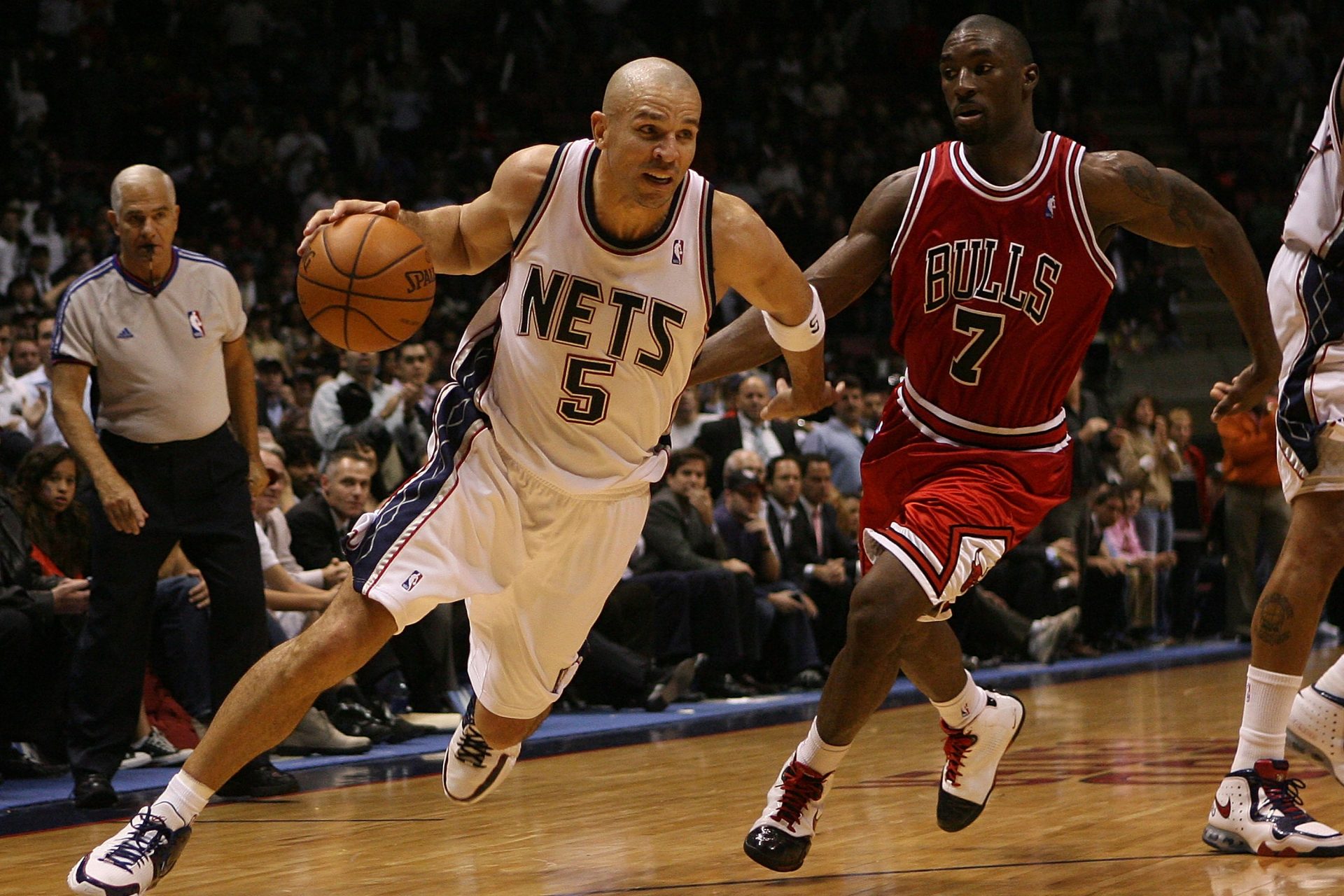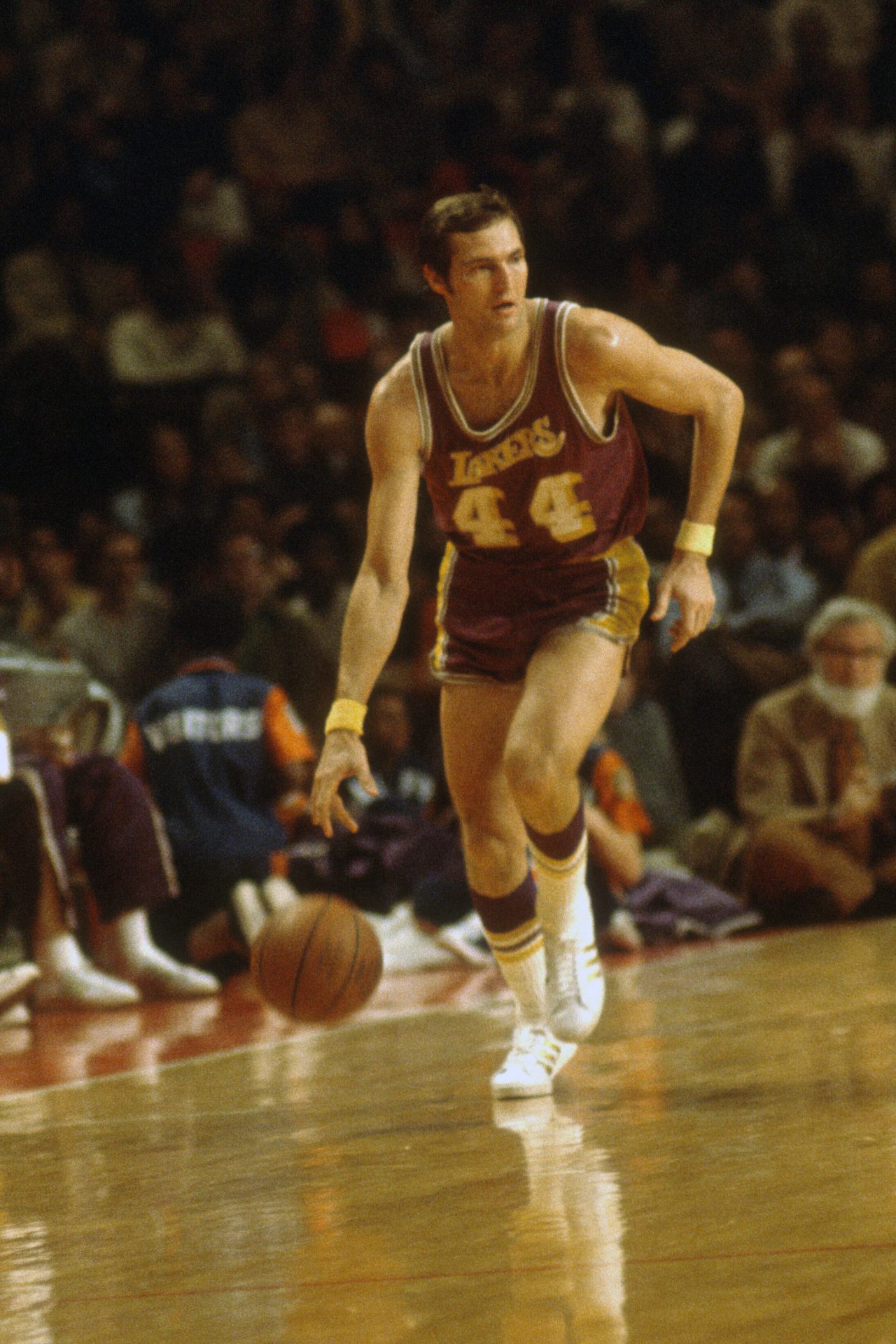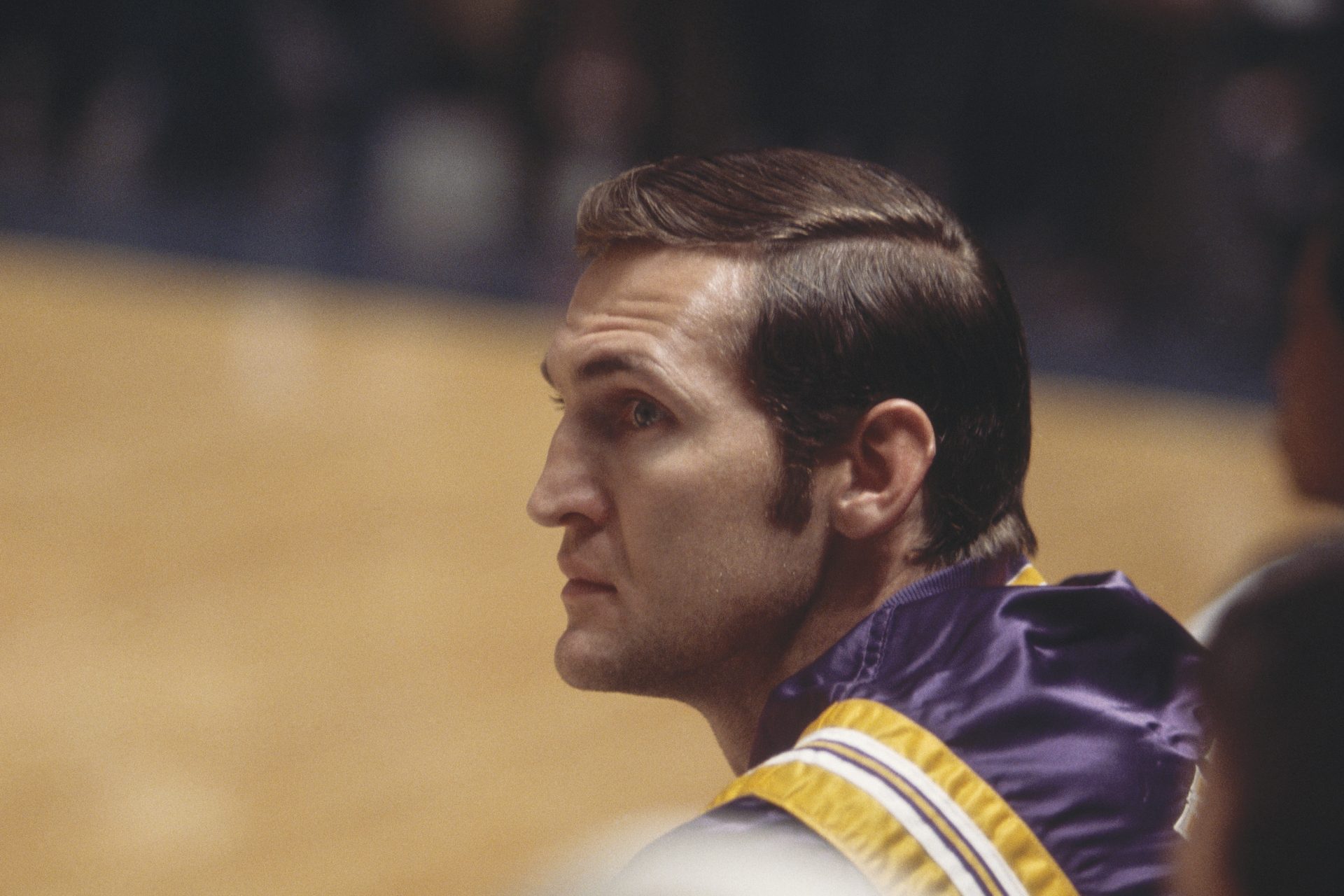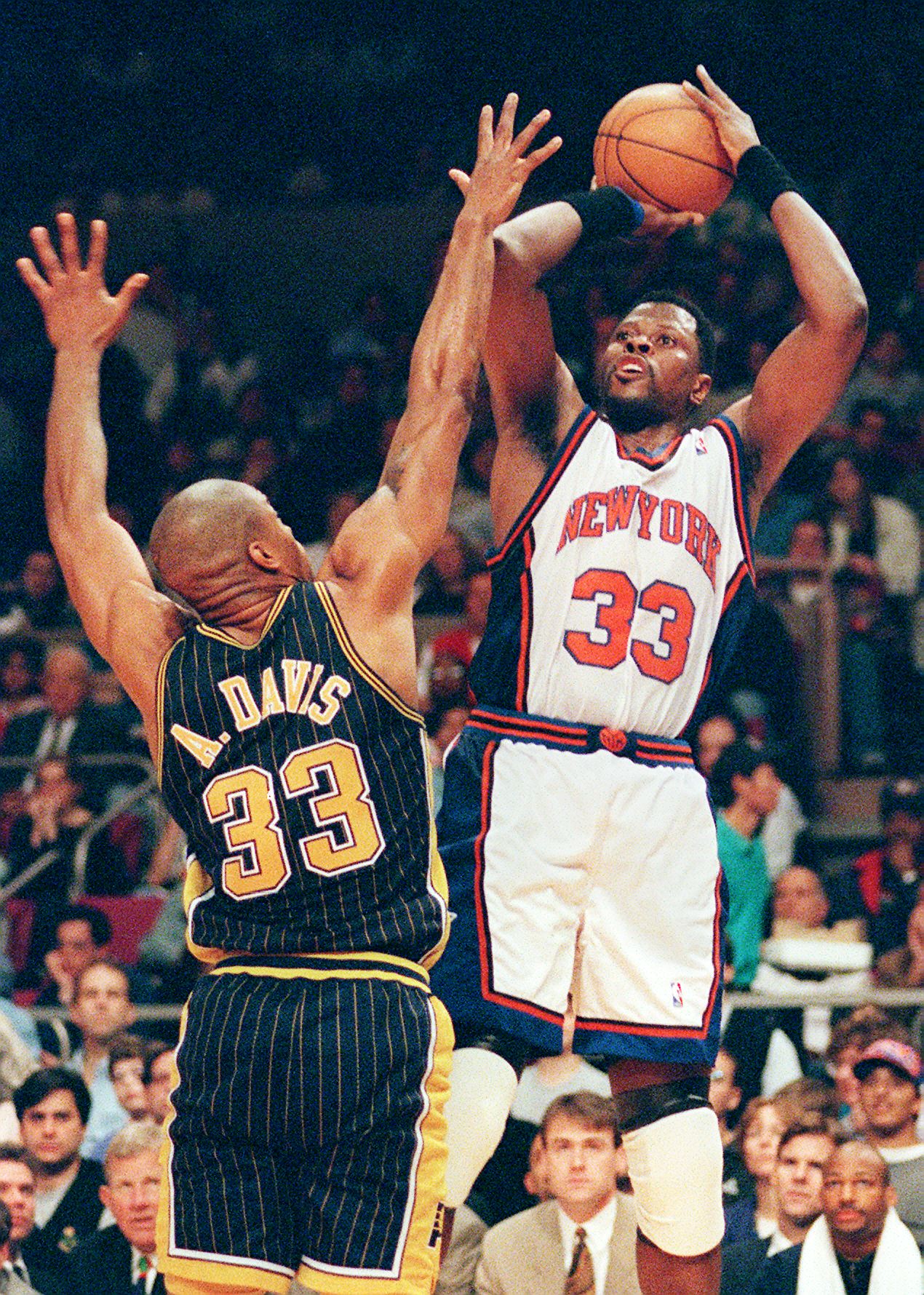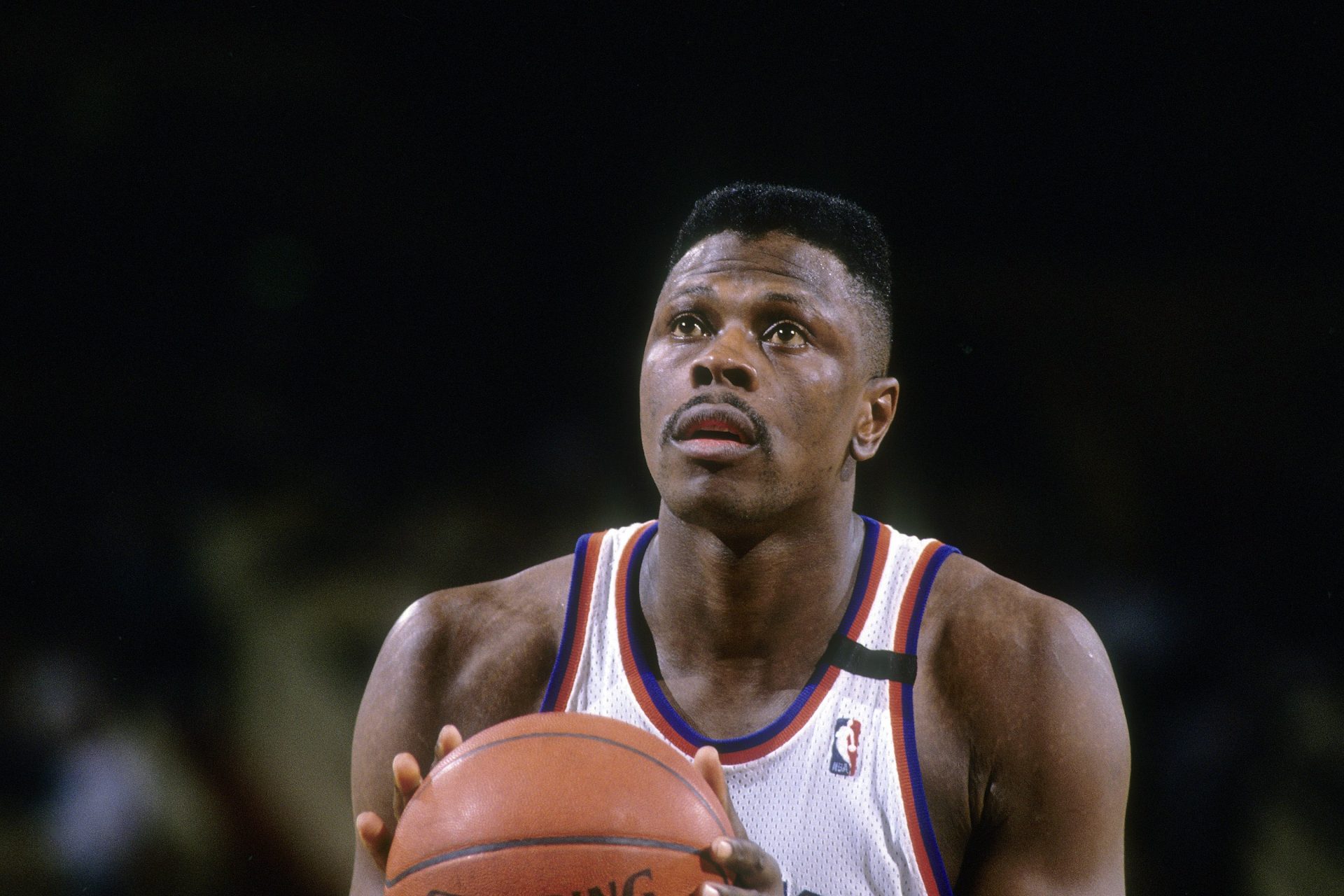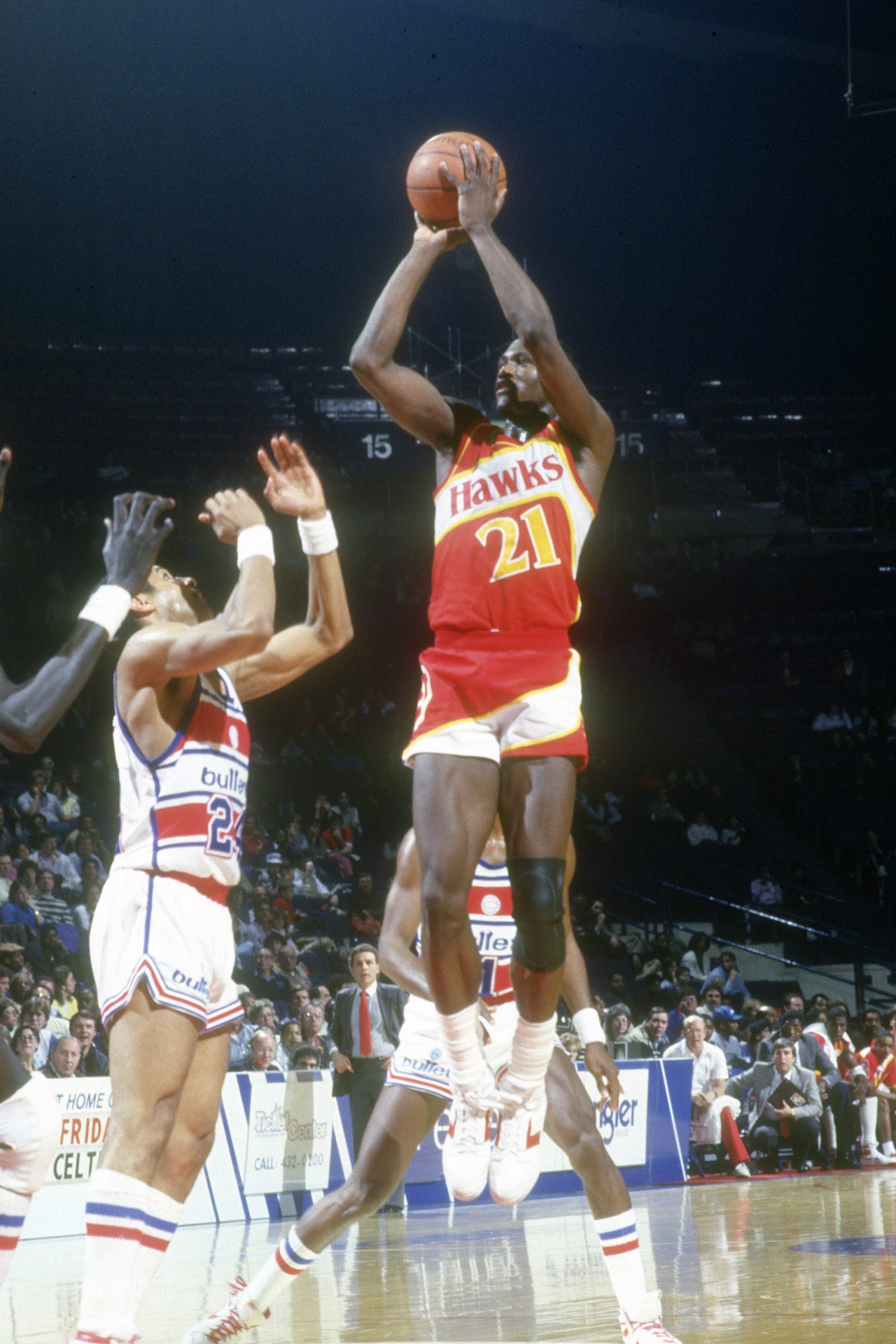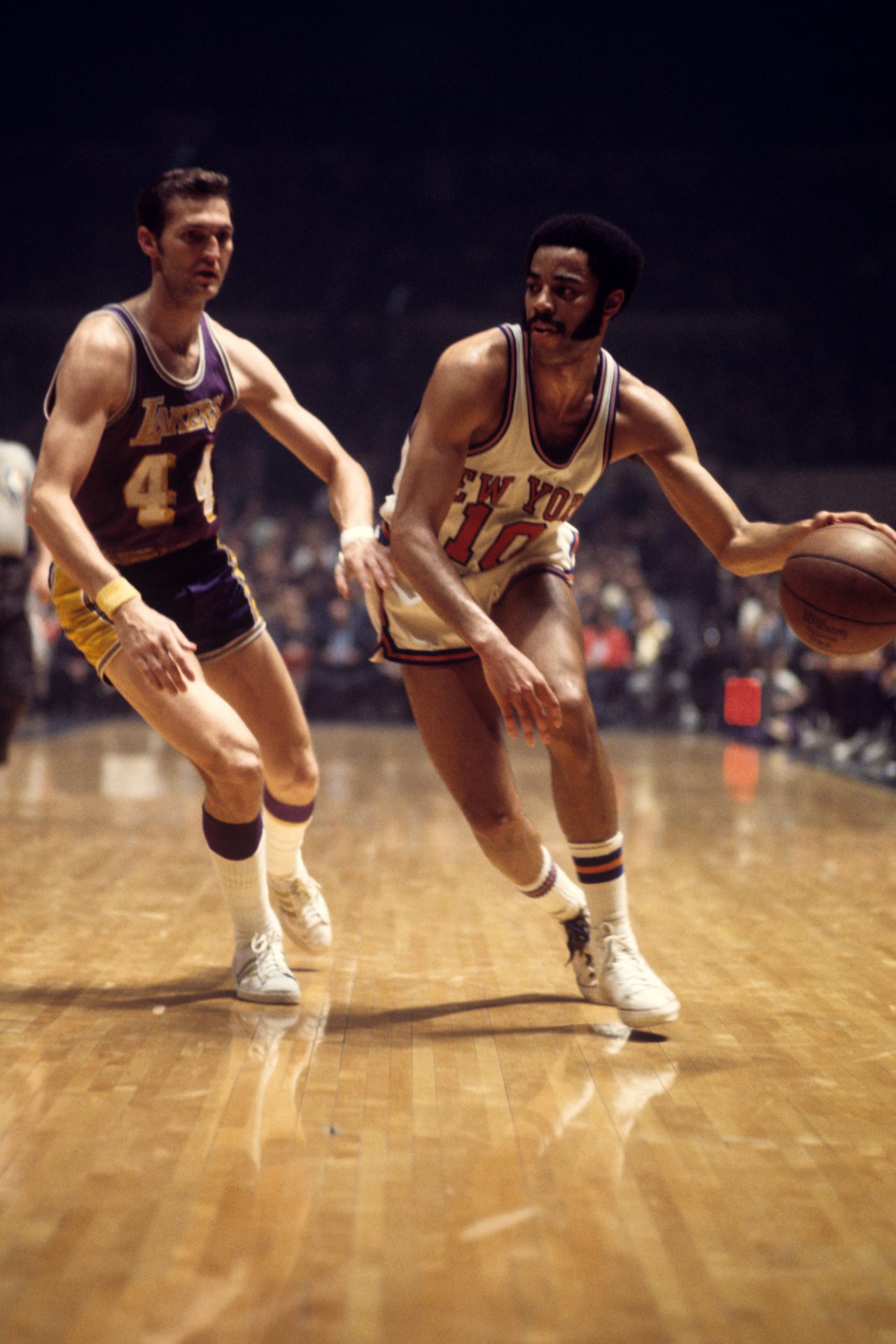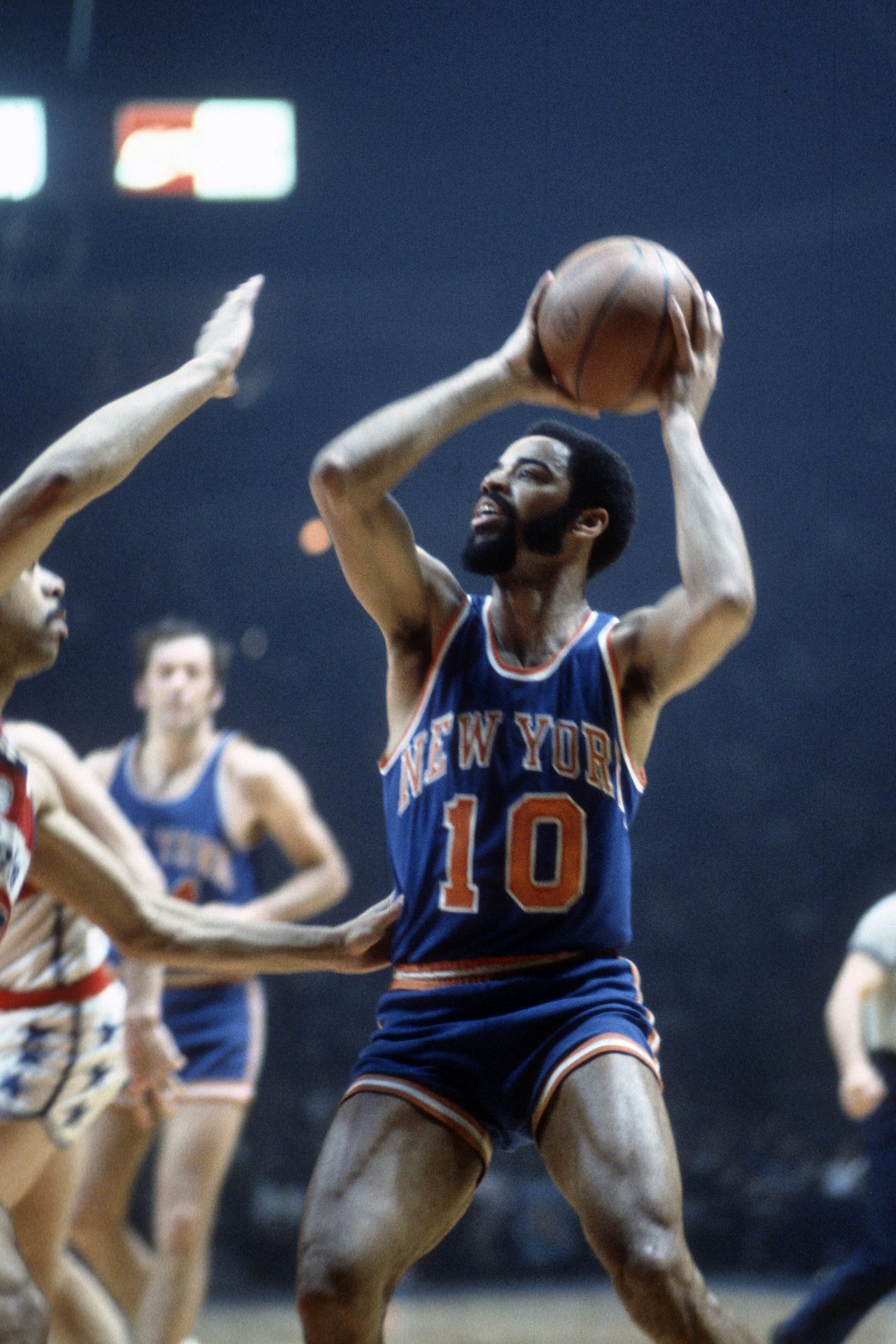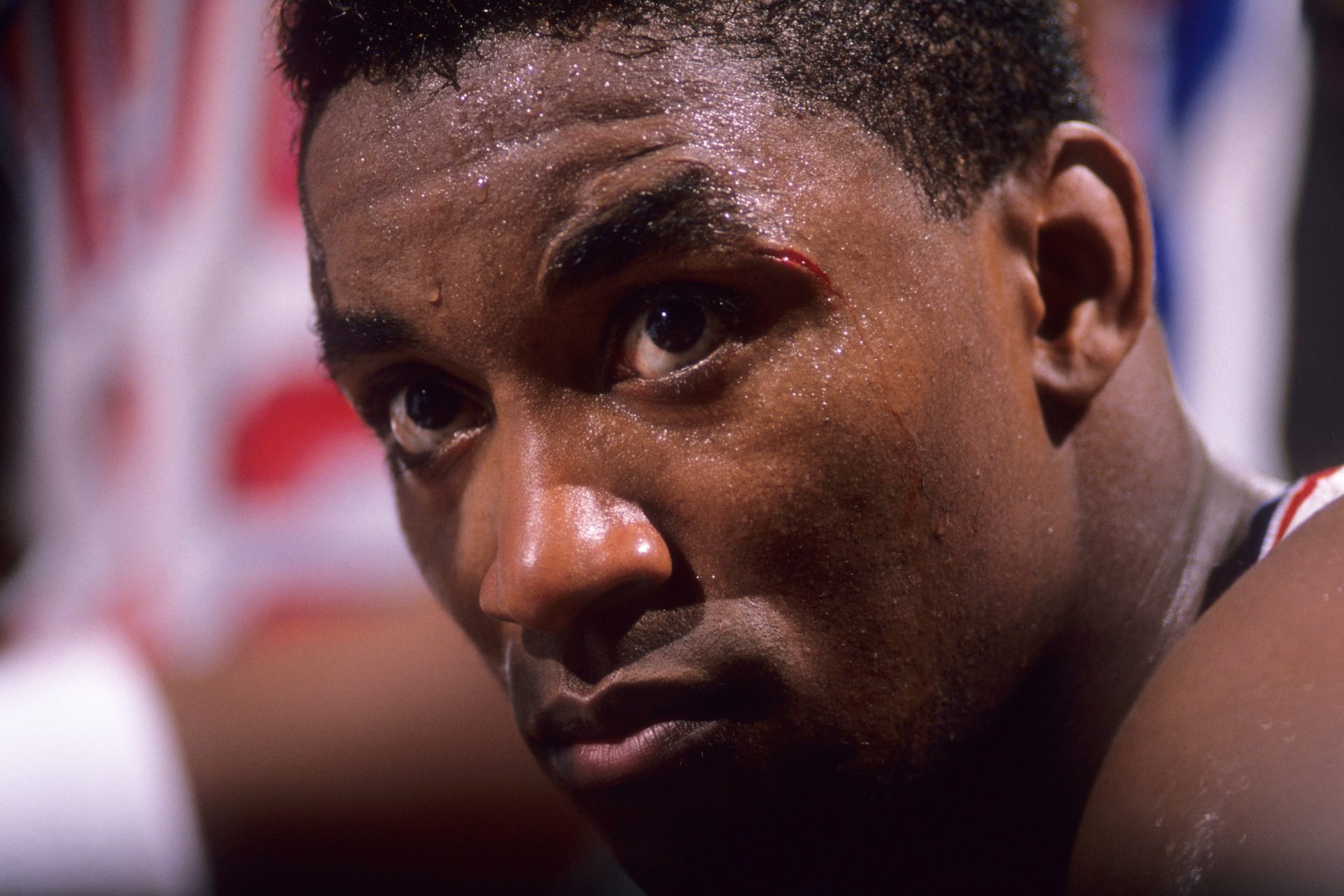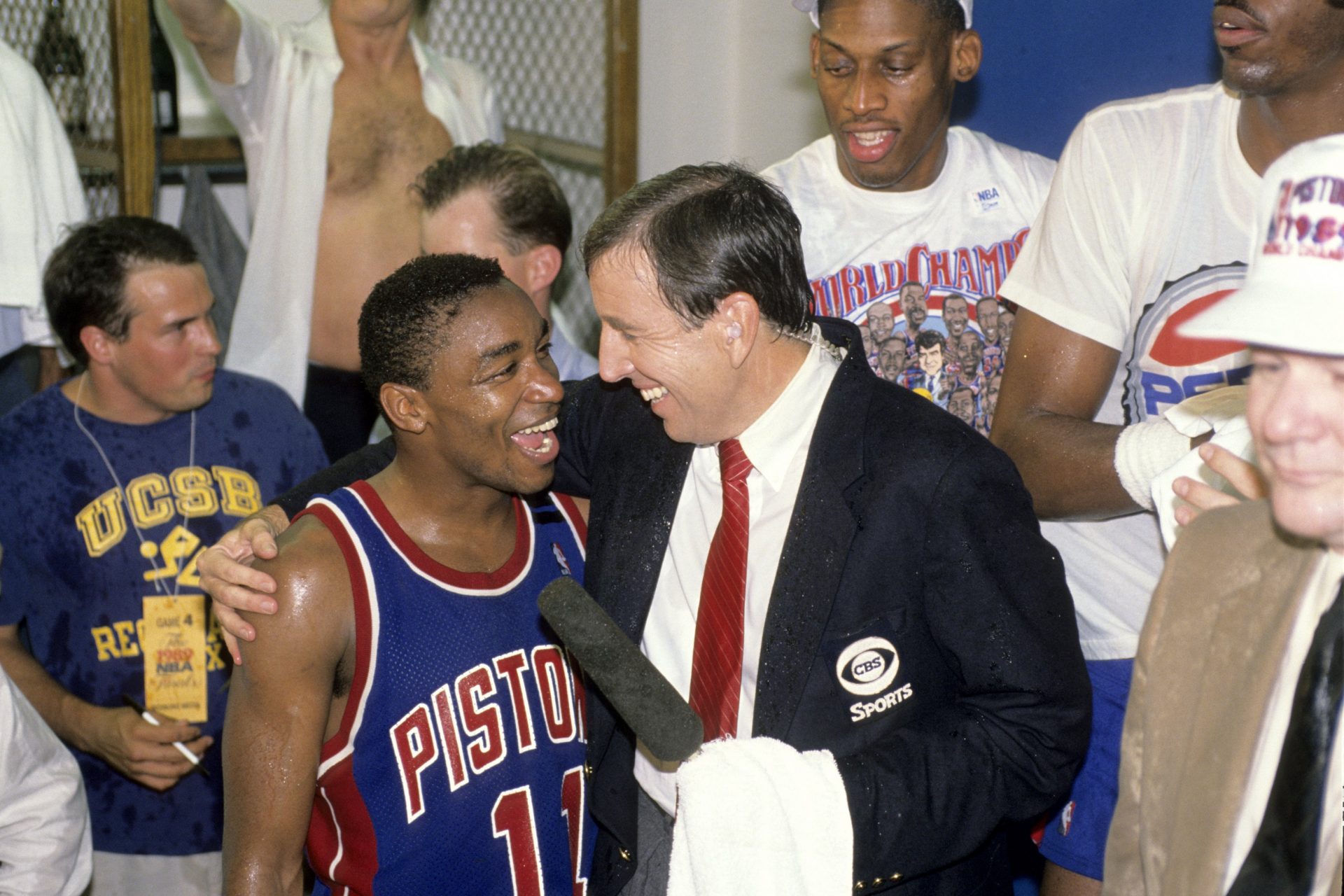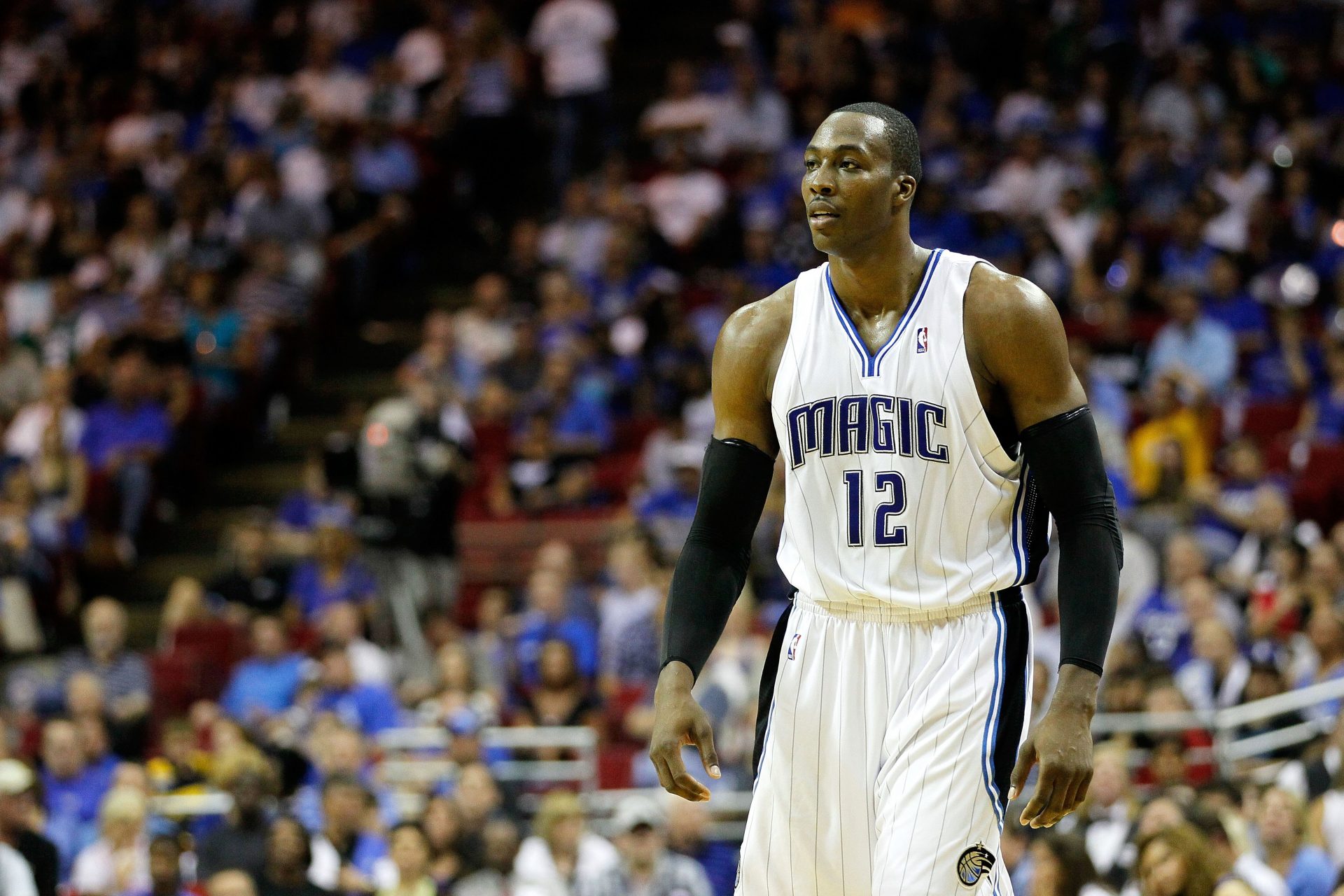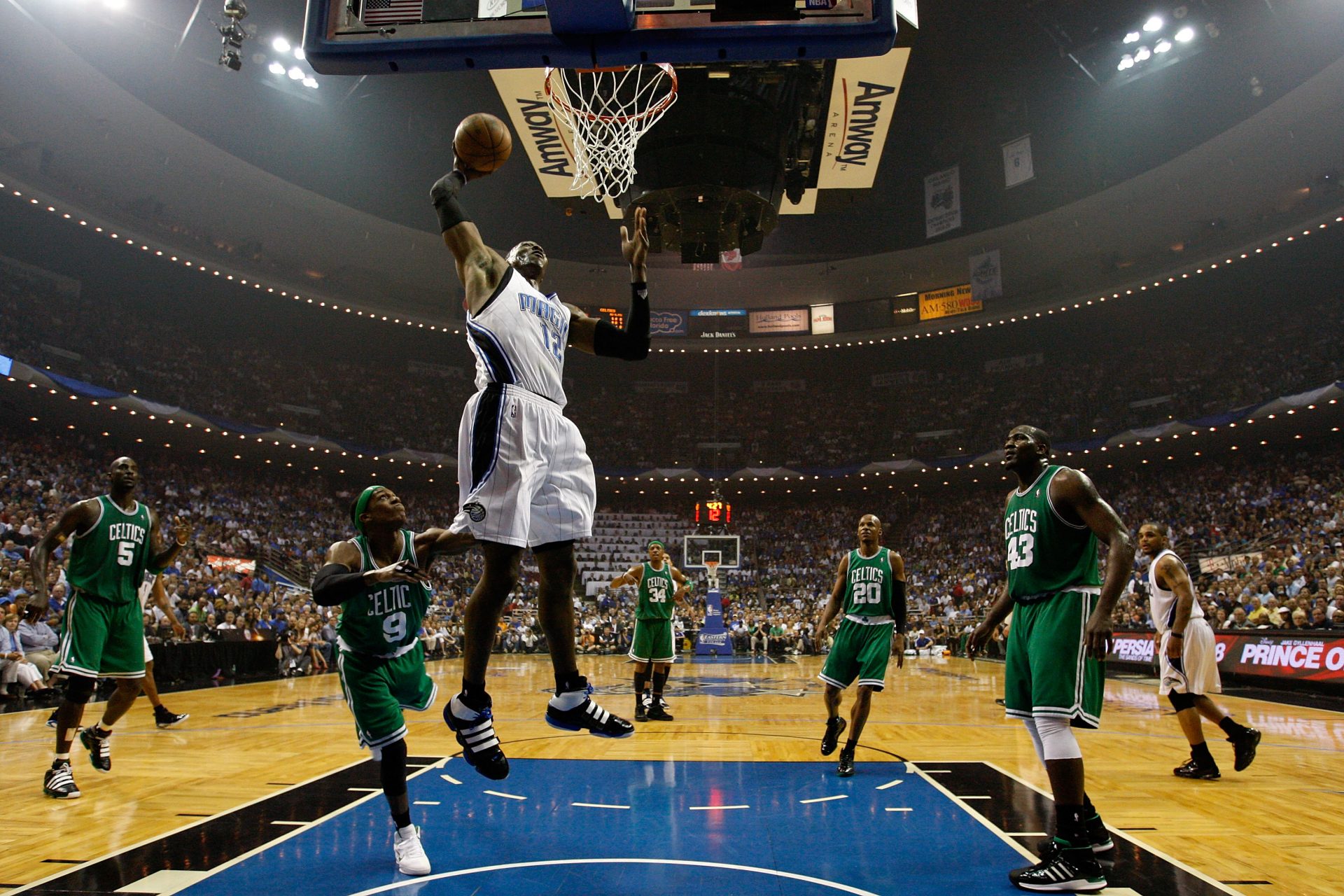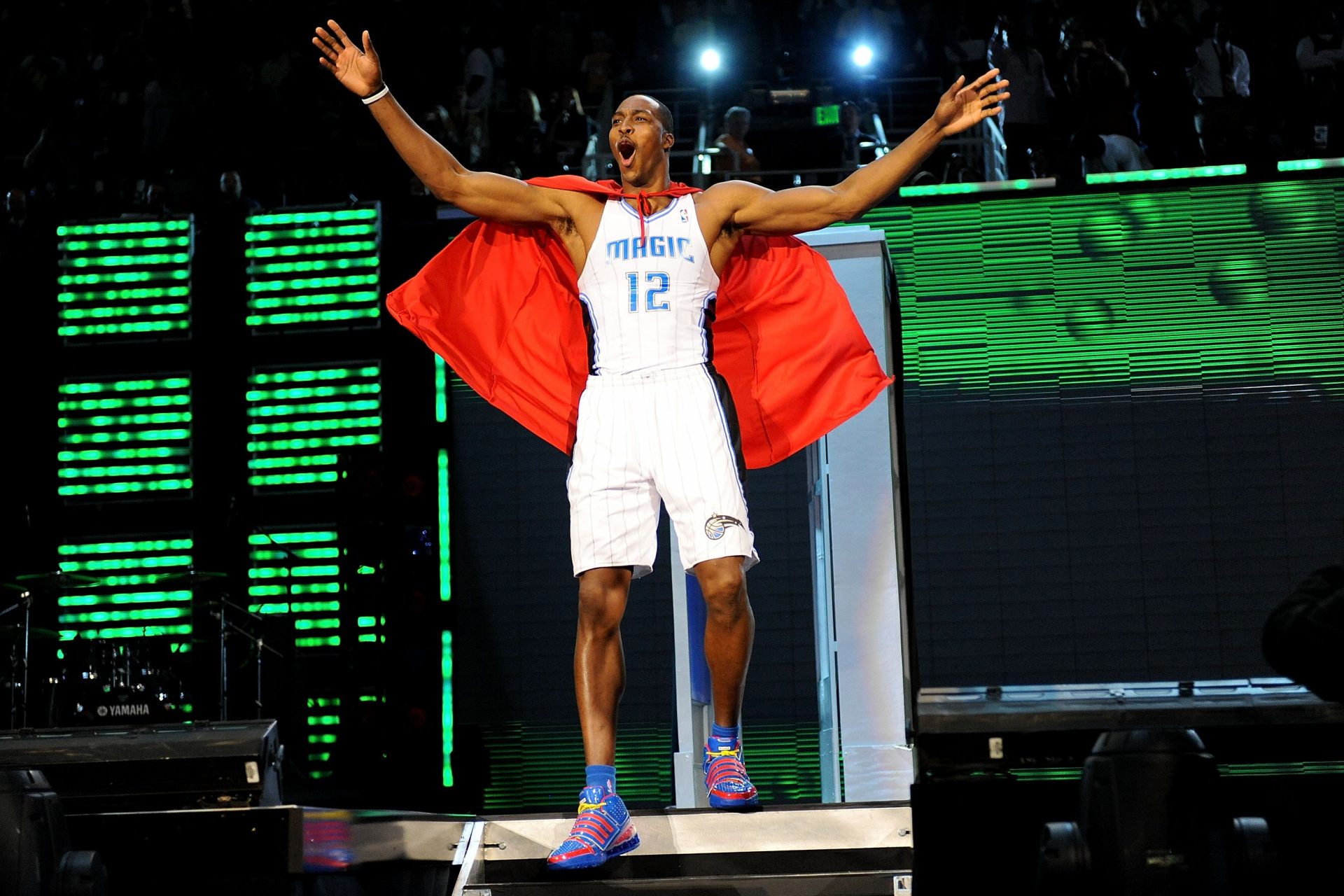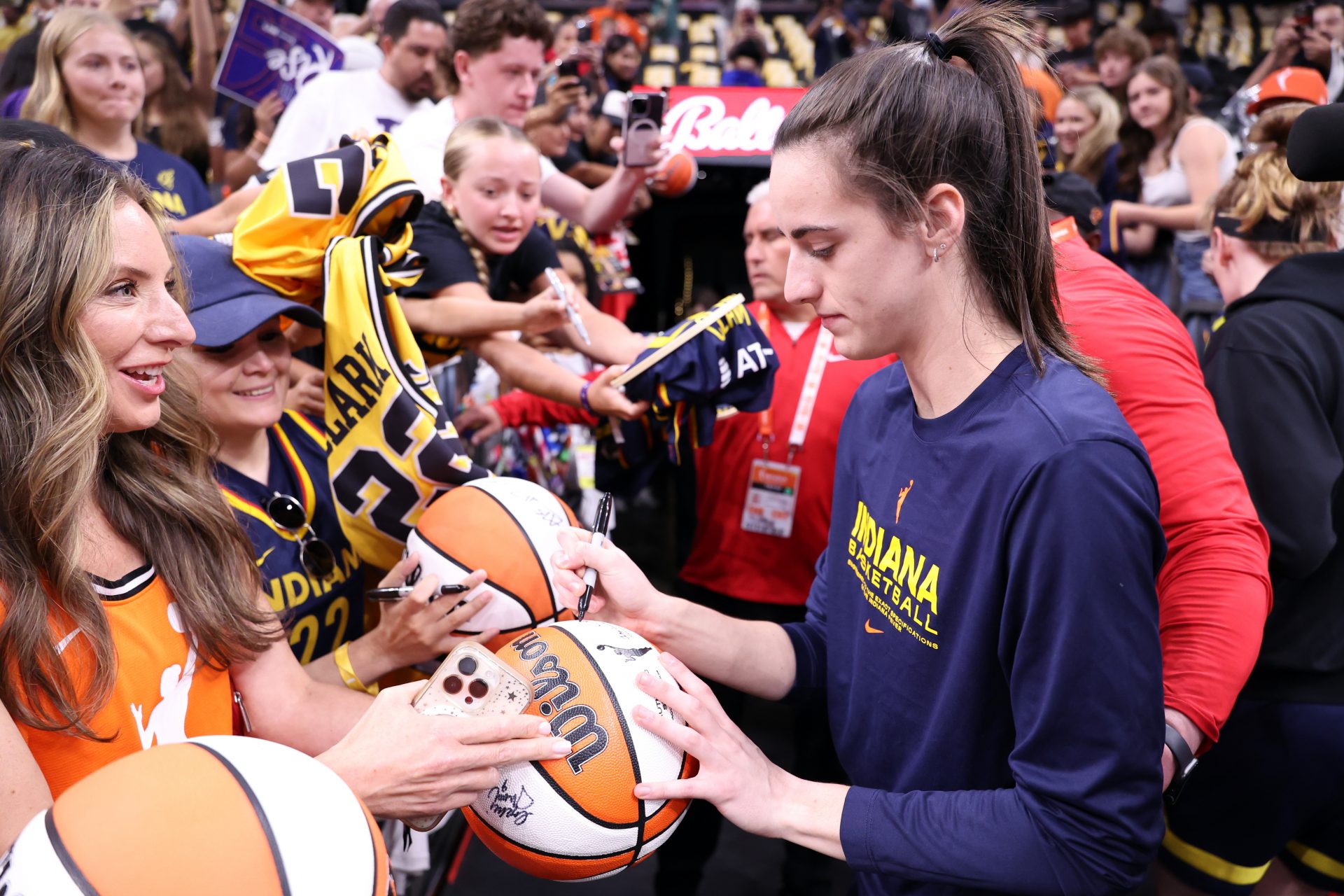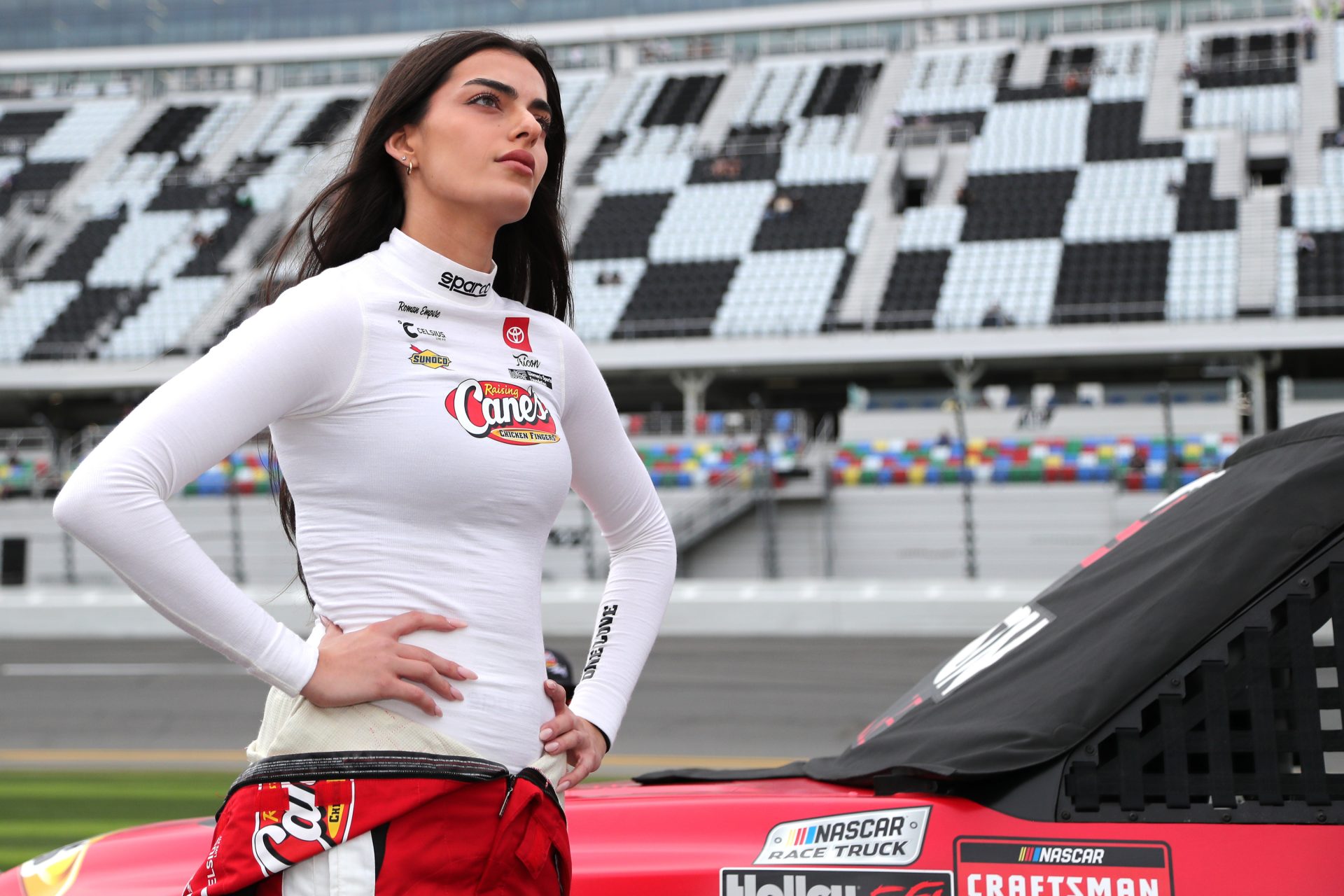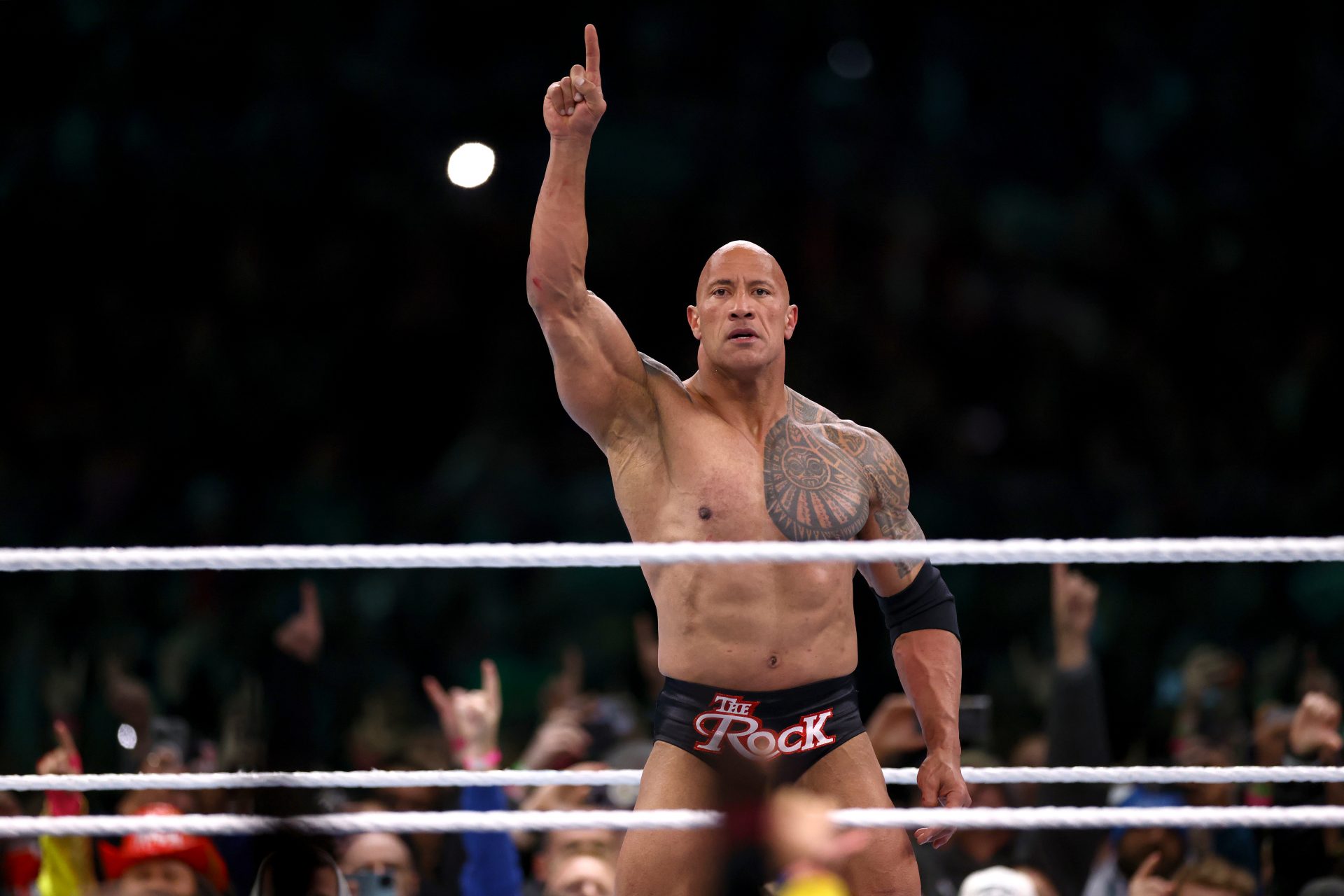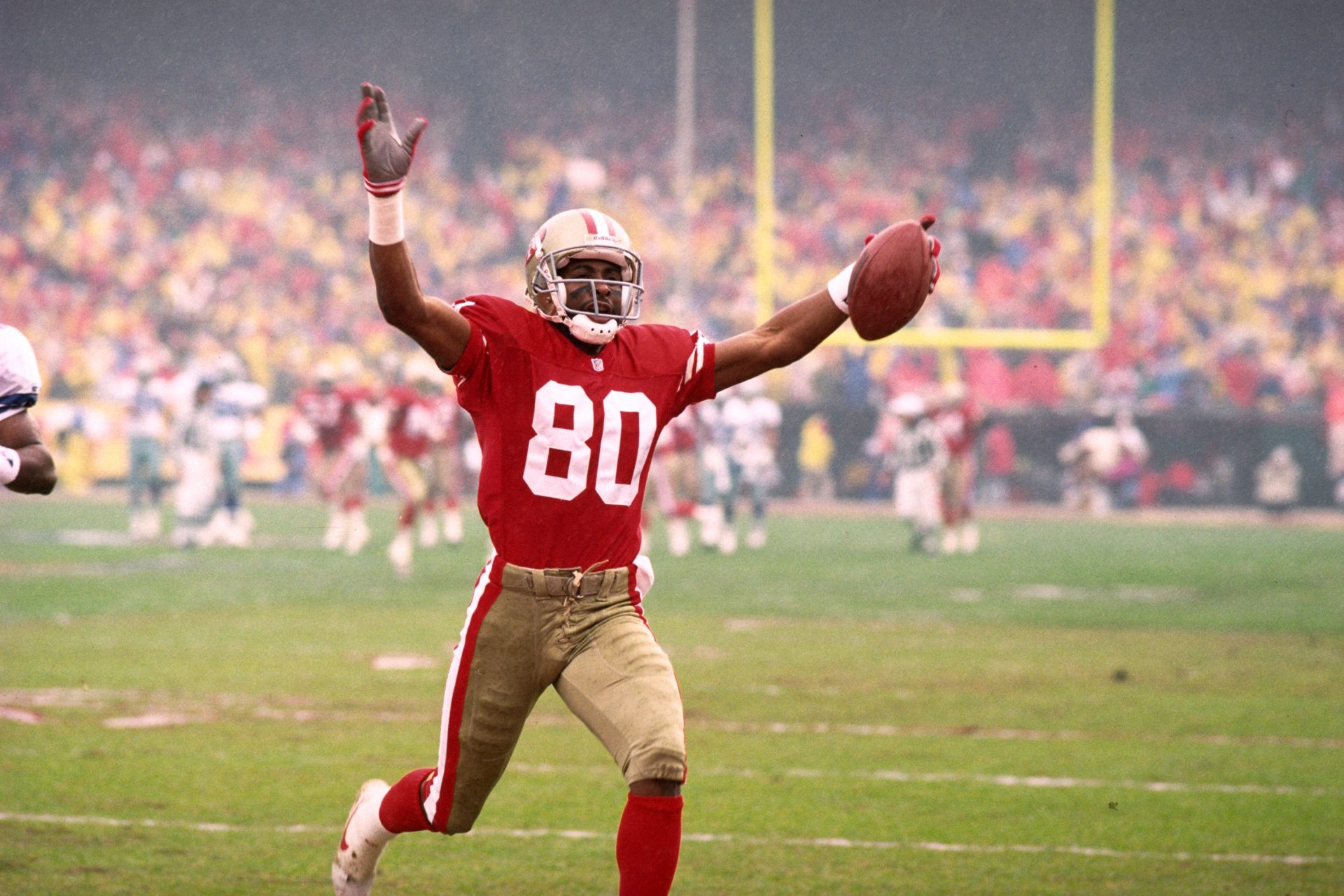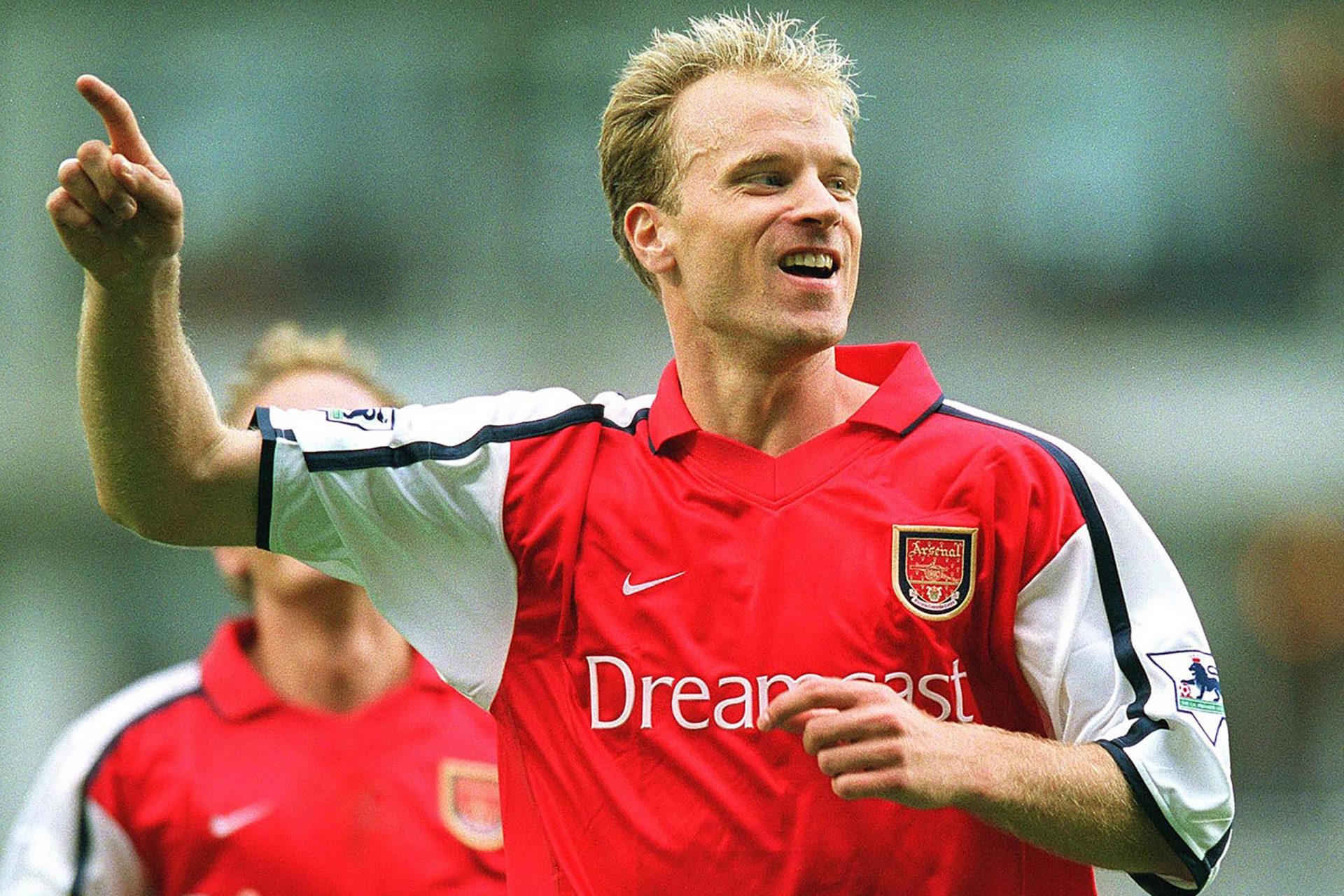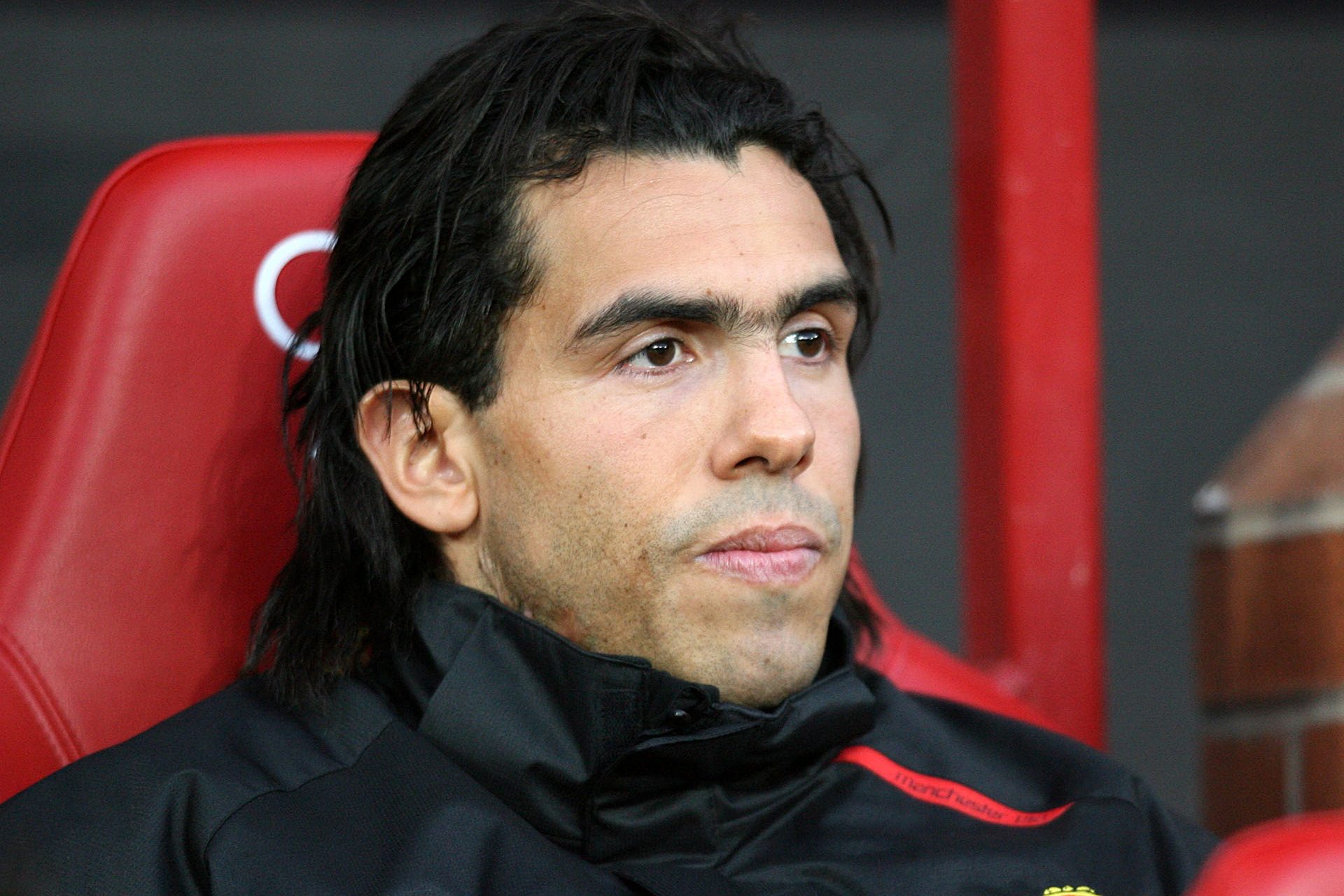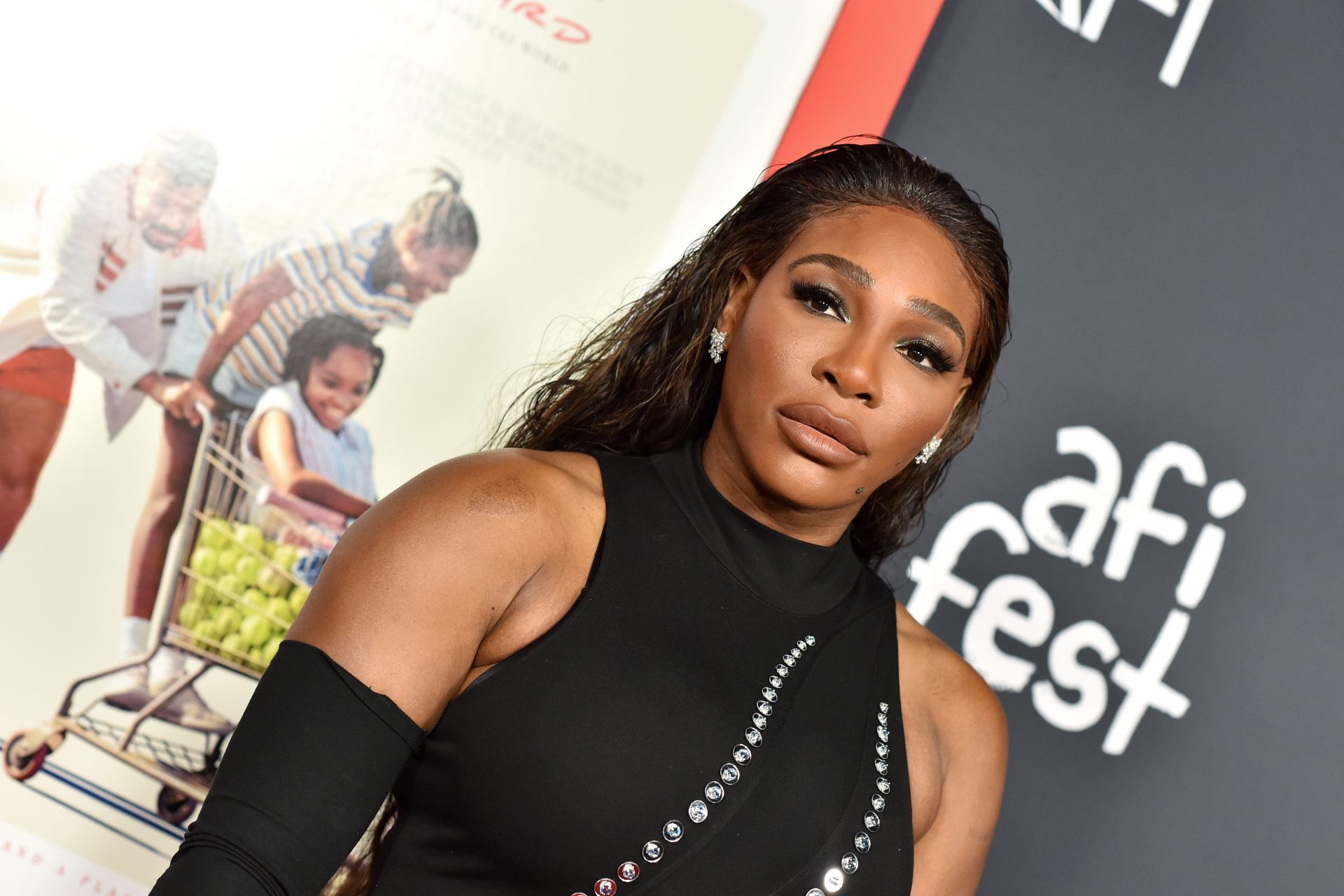NBA superstars who missed out on being MVP
The names on this list are legitimate NBA legends--but there's one important thing missing from their career resume.
MVP awards are only given to one player for their excellence in a given NBA season, which makes it a difficult honor to achieve. With that said, there are a few NBA players throughout the course of basketball history who had tremendous cases to snag at least one MVP, but fell short. All statistics are sourced from Basketball Reference.
Kidd is one of the greatest point guards of all-time, and changed the course of the New Jersey Nets franchise in the early 2000s. His playmaking ability allowed teammates to run the floor freely, knowing they would get open looks. He may have been as singularly valuable to the Nets as any player to any other team in the league.
Tim Duncan was entering his prime at that point, ended up for winning the 2002 MVP. With that said, ESPN calls it one of the most controversial decisions in league history, and it’s easy to see why. New Jersey had a 26-game improvement in Kidd’s first year with the team, and made a run all the way to the NBA Finals.
Want to see more like this? Follow us here for daily sports news, profiles and analysis!
West is a 14-time NBA All-Star, a 12-time member of the league’s All-NBA team, and a Basketball Hall of Famer. It might surprise many to learn that West, known as “Mr. Clutch”, never brought home an MVP award in his illustrious career. This is while he averaged 27 points per game for his career.
It’s not that West wasn’t strongly considered for the award; he just never got over the hump. The Los Angeles Lakers legend finished second in voting four times, and third in another instance. His best chance probably came in 1972, where he averaged nearly 26 points a game and led the NBA in assists with 9.7.
Yardbarker wrote that it’s not surprising that Stockton never won an NBA MVP, considering that his career was based on sacrificing scoring opportunities and doing the dirty work on some legendary Utah Jazz teams. With that being said, it is at least interesting that the NBA’s all time assists and steals leader never won an MVP.
Jazz teammate Karl Malone took home two MVP awards in 1997 and 1999. It’s hard to poke holes in Malone’s game, but his signature pick and roll action with Stockton was one of the most devastating plays in NBA history. It’s also possible that Utah would not have been as good as they were if Stockton was more of a score-first player.
The 1990s were a golden age for dominant centers in the NBA. Ewing, Alonzo Mourning, David Robinson, Shaquille O’Neal and Hakeem Olajuwon all made their mark in the paint. Ewing averaged 21 points, nearly 10 rebounds and 2.4 blocks per game during his career, and led the New York Knicks to the NBA Finals in 1994.
ESPN once wrote that Ewing “always let them see him sweat,” which is an ode to the effort he put in night in and night out. He also had to sweat profusely to get the Knicks deep into the playoffs, as their roster wasn’t exactly loaded with superstar talent alongside him. Carrying the team on his back in 1994, and perhaps to a similar extent in 1995, he should have garnered at least one MVP.
Want to see more like this? Follow us here for daily sports news, profiles and analysis!
Wilkins never won NBA MVP, but he does arguably have the greatest nickname in basketball history. “The Human Highlight Film” was a lethal scorer in the 1980s with the Atlanta Hawks, and was one of the best finishers at the rim ever. Like Ewing, Wilkins was going to have a hard time grabbing an MVP in that era, but he might have had a compelling case in 1988.
Michael Jordan won MVP and Defensive Player of the Year award in 1988, which is about as dominant as it gets. The case to be made for Wilkins being on par with Jordan was the Hawks’ star shining in the prime of his career, before Jordan got to an NBA Finals. While MVP can’t be legislated this way, Jordan was almost certainly going to win it later in his career—the late 80s was Wilkins’ best shot.
HoopsHype named Frazier as the 14th greatest point guard in NBA history, and there’s a case to be made that he should be higher on that list. There weren’t many players who could impact the game is as many ways as the former New York Knicks legend could.
The NBA didn’t keep track of steals as an official statistic during the first six years of Frazier’s career, which could have hurt his case as an MVP candidate. He finished fourth in the voting in 1970, a year in which beloved New York teammate Willis Reed won MVP. Still, had the full picture of Frazier’s brilliance been depicted, he could have secured the award.
Like Wilkins and Ewing, Thomas had an uphill battle getting respect as an MVP candidate in his era. In fact, from 1988-1990, the Detroit Pistons point guard finished 12th, 17th and 13th in the MVP voting, which showed that he was an afterthought for the league’s highest honor. It’s a little surprising when you consider that he was the heart and soul of back to back title teams in 1989 and 1990.
Magic Johnson won MVP in 1989 and 1990, and there’s something to be said for the aesthetically pleasing brand of basketball the Lakers played. Compare that to Detroit’s style, which was smash-mouth, physical and not as easy on the eyes. This may have hurt Thomas when it came to realizing how great he was in his prime.
Howard has become a bit of a punchline as his NBA career fell off the map, but he was unequivocally one of the best players in the league in his prime. He won three straight Defensive Player of the Year awards from 2009-2011.
Want to see more like this? Follow us here for daily sports news, profiles and analysis!
Howard’s best case to crack the MVP list probably came in 2009 or 2011. Although playoff results are not considered in MVP voting, Howard’s presence helped shape the Orlando Magic 2009 team that made it to the NBA Finals. Howard knocked on the door in 2011 as well, when the award went to Derrick Rose.
More for you
Top Stories



